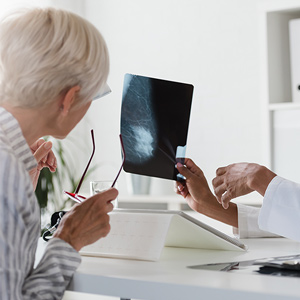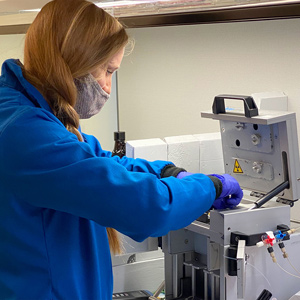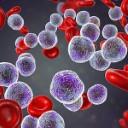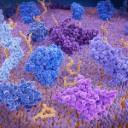-
Forward Look
Immunotherapy Shows Promise for Treating Brain MetastasesTreatments capable of crossing the blood-brain barrier provide new options for patients whose cancer has spread to the brain.
by Bradley Jones
-
Forward Look
A Strategy to WatchSome rectal cancer patients may safely avoid life-altering surgery.
by Kristine Conner
-
Forward Look
Older Adults at Risk for Cancer OverscreeningMany older adults continue to be screened beyond the recommended age.
by Carisa Brewster
-
Healthy Habits
Daily DoseAspirin can be taken daily to reduce the risk of colorectal cancer, but it's not recommended for everyone.
by Bradley Jones
-
Forward Look
What’s Next? Spring 2021A new way to evaluate patients with prostate cancer.
by Christina Bennett
-
Immunotherapy Indications Withdrawn
In recent months, drugmakers have announced they are withdrawing indications for four immune checkpoint inhibitors in consultation with the Food and Drug Administration. What does this mean for patients who are taking these drugs?
by Anna Goshua
-
A Drive for Diversity
African Americans are underrepresented in the Be The Match bone marrow donor registry. Patient advocates are working to change that.
by Jon Kelvey
-
February 26: The Week in Cancer News
Nonprofits provide support to young cancer patients in need of fertility preservation, and a childhood cancer survivor joins the first all-civilian mission to space.
by Bradley Jones
-
Patient Advocates Tune in for Precision Medicine Primer
Scientists and physicians discussed advances in targeted therapies and immunotherapies, as well as the lessons COVID-19 research has taught to cancer researchers.
by Kevin McLaughlin
-
Immunotherapy Options for Breast Cancer
Two immune checkpoint inhibitors are now approved for treatment of some people with advanced breast cancer, but trial results have raised some questions.
by Anna Goshua
Cancer Talk
Living With Your Loved One’s Prostate Cancer
Christine Ledbetter on the ways her husband’s prostate cancer affected their relationship and finding support as a caregiver.
by Christine Ledbetter
Continuing the ConversationThe AACR hosts a roundtable to ‘get real’ about cancer health disparities.
by Marci A. Landsmann
More Patients Participating in Cancer ResearchA higher proportion of cancer patients are enrolling in research studies than previously thought, but many patients lack the access needed to participate.
by Kyle Bagenstose
Immunotherapy Drug Tarlatamab Approved for Advanced Small Cell Lung CancerThe drug showed promise in treating small cell lung cancer that had progressed during or after chemotherapy.
by Laura Gesualdi-Gilmore















